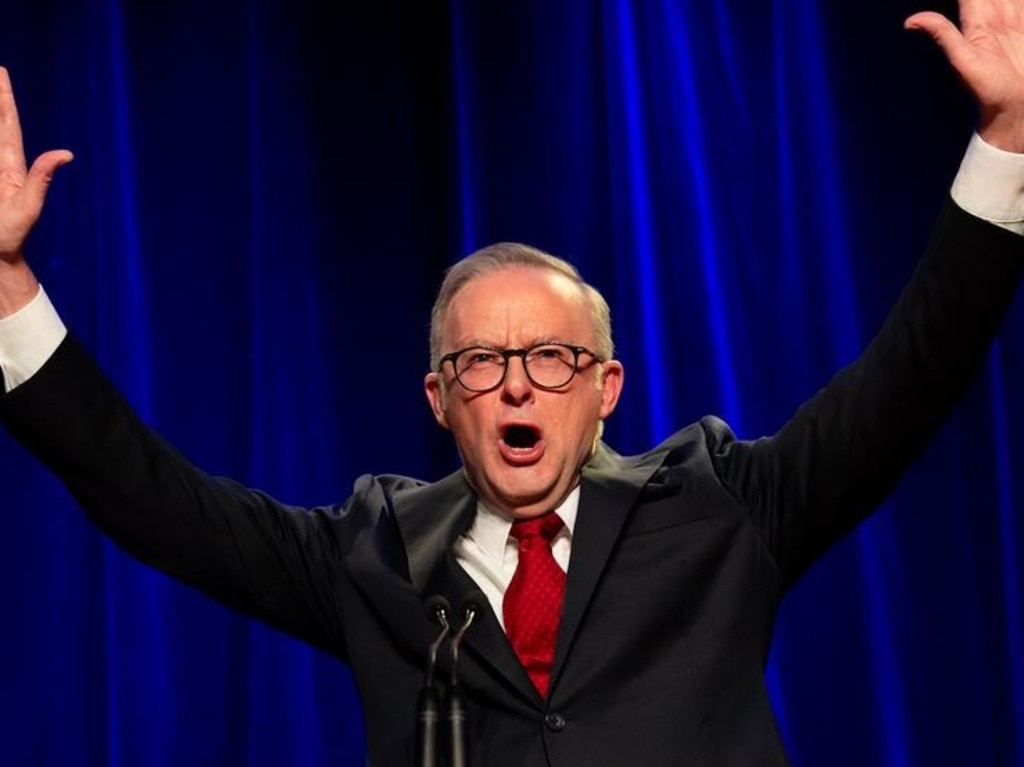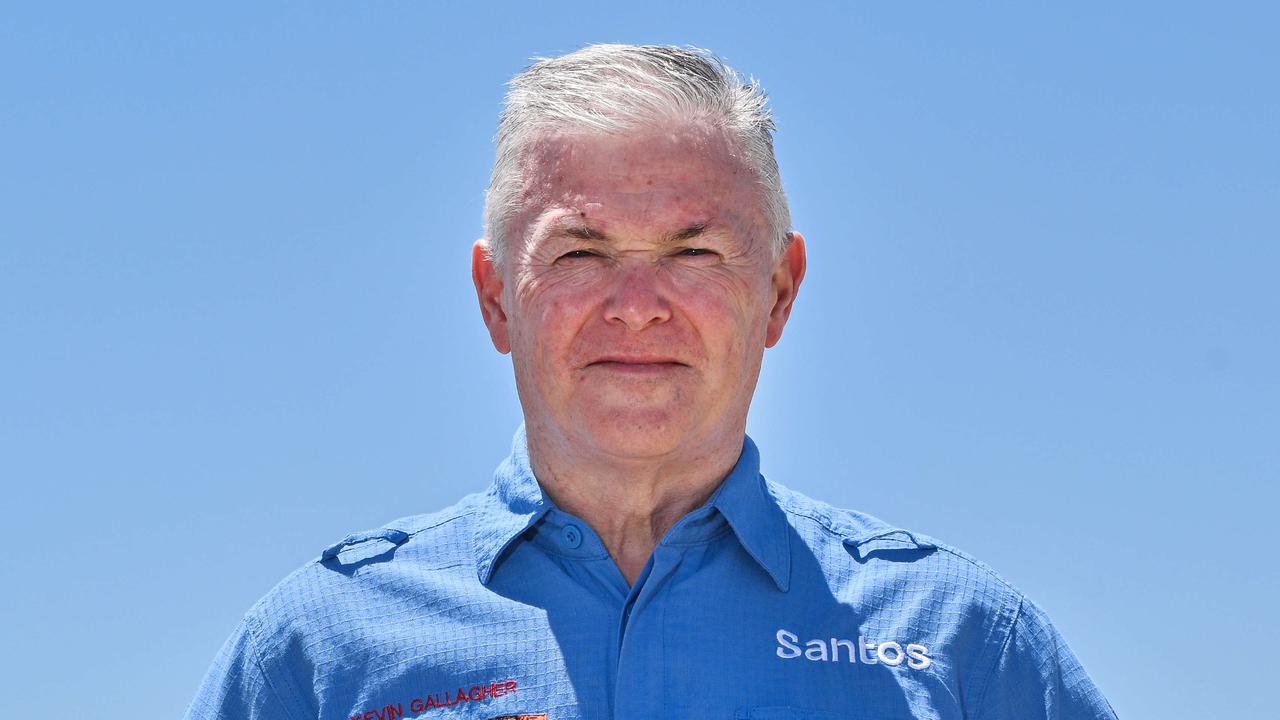Chalmers must change new super tax or risk internal Labor battle as Keating fumes
With Paul Keating fuming, the government is headed for its biggest internal fight since Albanese came to power — unless Jim Chalmers changes his position quick-smart.

Business
Don't miss out on the headlines from Business. Followed categories will be added to My News.
The government of Anthony Albanese is heading into the biggest internal battle since he came to power in 2022. Albanese does not like intense cabinet debates, but unless there is a policy change, there is no way he will be able to avoid this one.
Those industry funds who contacted Paul Keating after my weekend commentary explaining how the proposed tax of Jim Chalmers tax on unrealised gains would destroy the Keating 1992 vision of a massive universal savings pool, say he is white-hot with anger.
A number of those funds now believe, as a result of receiving an earful of that Keating anger, that in due course the former Prime Minister and treasurer will go public with a withering blast against Chalmers — more intense than any ever directed to a cabinet minister. Keating will be backed with more moderate language by Bill Kelty who in 1992 brought the union movement into the Keating vision Chalmers is now set to destroy.
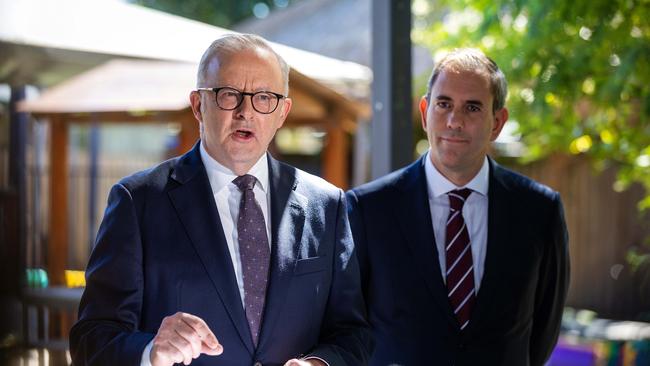
The union and employer group backed industry super funds were created out of the Keating vision of a Medicare-style universal retirement savings plan involving all Australians regardless of their income or wealth.
Initially, the industry superannuation funds saw self-managed superannuation and retail funds as “the enemy”. But, now industry funds have grown to massive size, they realise the total superannuation movement is greatly strengthened by having different ways to direct savings but with all operating under the same basic umbrella.
The industry funds know they will not be greatly affected — initially — by the Chalmers unrealised gains tax.
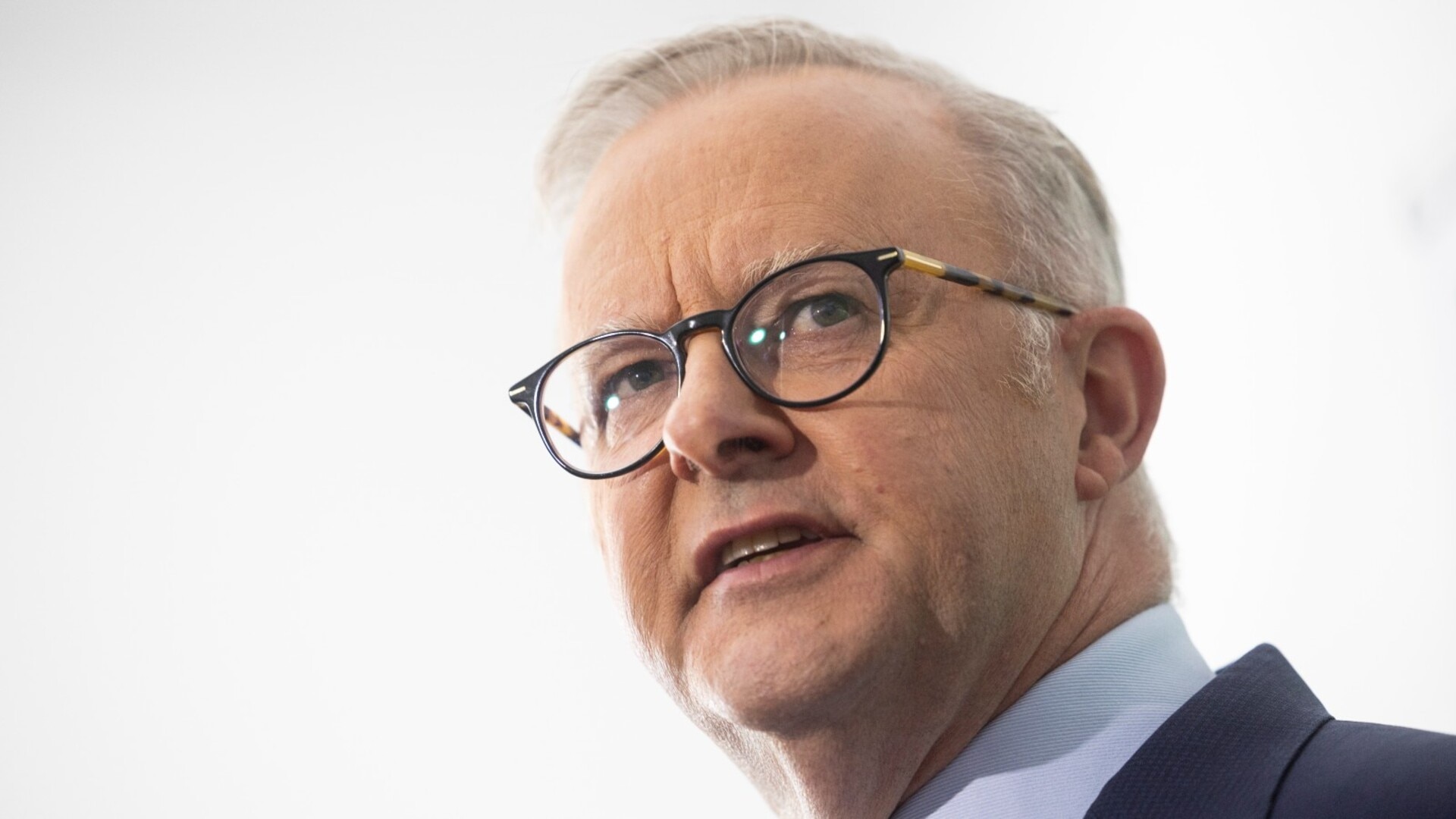
But, given the Chalmers tax is designed to eliminate self-managed funds and effectively restrict superannuation to middle and lower income areas, longer-term superannuation will be greatly weakened.
As an isolated part of the Australian community, it will be attacked in the decades that follow. And the Keating/Kelty dream of a world ranking savings pool to insulate the nation goes down the Albanese/Chalmers drain.
While many industry funds would like to publicly back Keating, they are nervous about making a public statement. So far, the only public statement has come from Aware Super chief executive Deanne Stewart, but this was limited to advocating indexation of the $3m trigger.
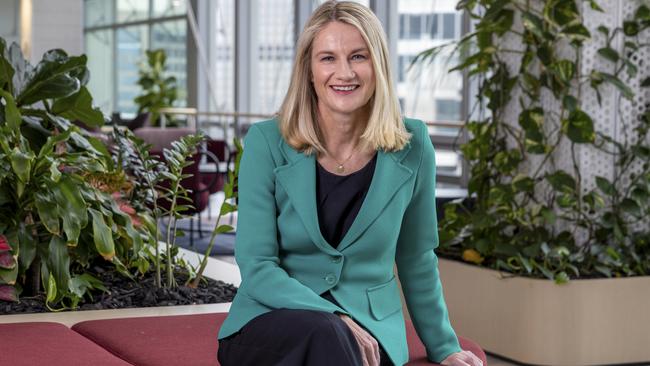
Nevertheless, a number of cabinet ministers are now aware of the potential damage set to be inflected on the Albanese government by an unrealised capital gains tax. A force which has united parts of industry superannuation, the union movement and the business community — a combination without precedent.
Albanese does not like his senior ministers to be forced into lengthy cabinet debates with those which have a different view. He is particularly protective of Chalmers.
But, the enormity of what is about to happen will put great pressure on the PM to allow debate because members of both the cabinet and the total caucus do not want to be shackled with the lifetime reputation of being elected to parliament and then, in virtually their first action, destroying Keating universal superannuation savings vision.
Strangely, Chalmers can actually emerge as an ALP hero. It is rare for any treasurer to announce a new tax and have it widely supported by most areas of the community. And so the original Chalmers plan to tax income from balances in superannuation above $3m at 30 per cent rather than 15 per cent has been accepted as fair and in line with the original Keating plan with reasonable benefit limits which were dropped by the Coalition.
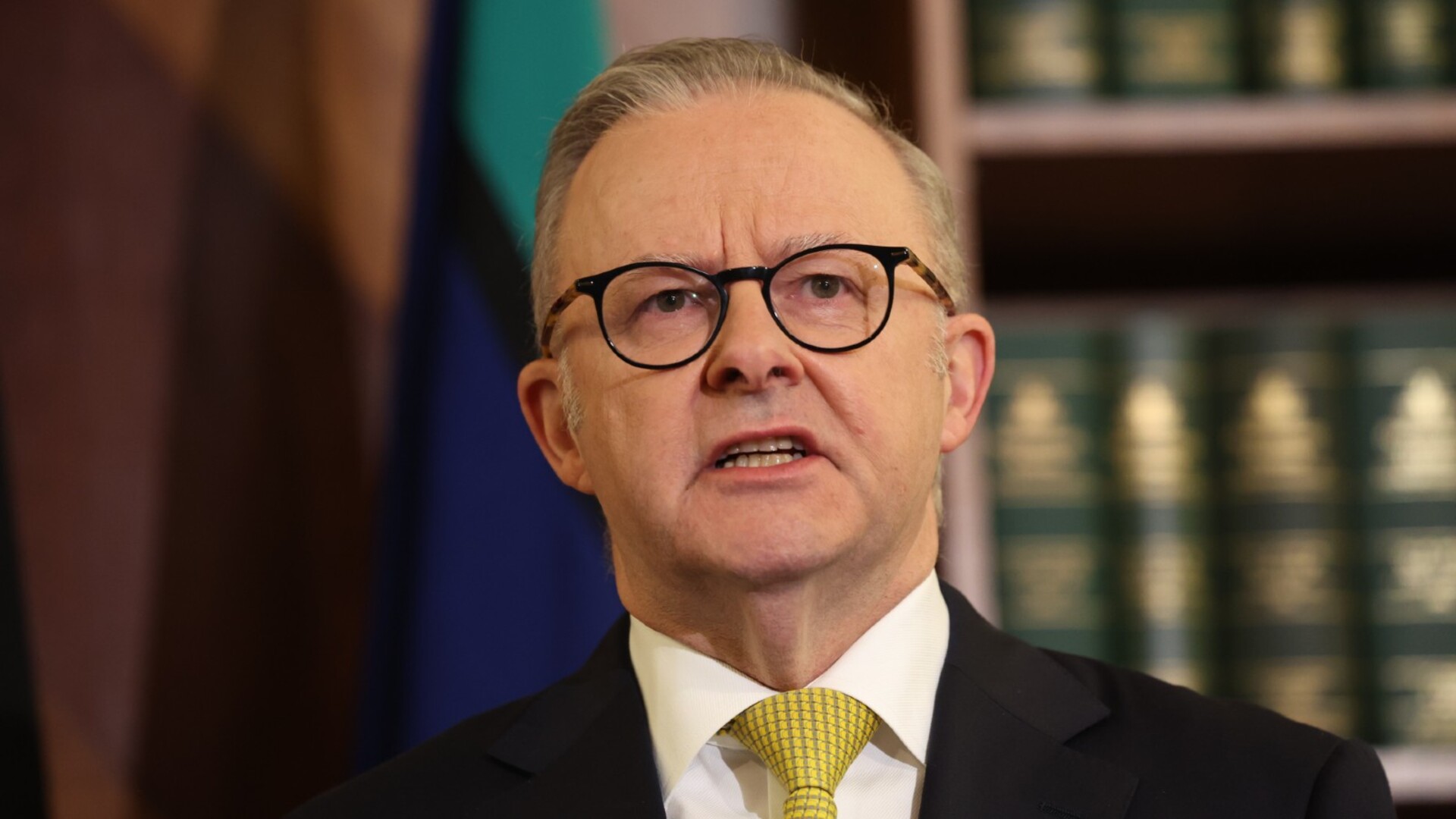
Of course, the $3m trigger should be indexed. What the industry fund, treasury, unions and corporates want is for the 30 per cent tax to be calculated uniformly.
And so the extra 15 per cent tax should be calculated in the same way as the first 15 per cent is currently calculated. Such a tax is simple, easy to understand and fair.
All Chalmers has to do is to stay with his base policy and say the idea of taxing the extra 15 per cent in a way different to the first 15 per cent was proving too complex and will be abandoned. And he adds indexation.
He will actually raise more money this way because if the Chalmers tax on unrealised gains is introduced we are going to see a mass exodus from self-funded superannuation funds to equity investment, and that money will be invested in all sorts of different ways to avoid the unrealised gains tax. Naturally, Treasury did the calculations on a mathematical basis, not taking into account the exodus.
To cover the overestimation of revenue, Chalmers will be forced to do what he probably originally planned and extend the unrealised gains tax to all assets, no matter who owns them.
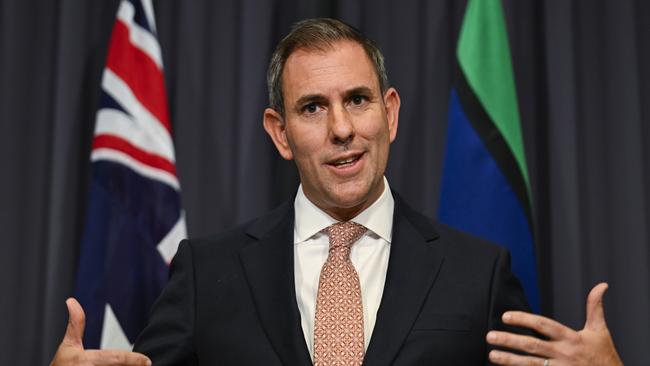
The cabinet ministers and ALP backbenchers now realise, had the Coalition had an ounce of sense they would have run on the Chalmers tax at the election and exposed the hostility among industry funds, unions, Treasury and the business community which includes 60 per cent of ASX stocks (who will be starved of capital), plus start-ups and venture capital companies.
Had the Coalition mobilised all those forces the election would have been close; Albanese dodged a bullet through the incompetence of the opposition. The next election in 2028 is a long way away, but by that time the actual impact of the Chalmers tax disaster will be understood by the whole community and the election will be much closer. New ALP members should expect only one term in parliament.
Understandably, Albanese will want to start his administration with the momentum of goodwill generated by the election result. This will depend on what happens to the Chalmers tax.
If Albanese wants to check my conclusions, there is a smorgasbord of people to call, but a good starting point would be Keating or Bill Kelty.
More Coverage
Originally published as Chalmers must change new super tax or risk internal Labor battle as Keating fumes


